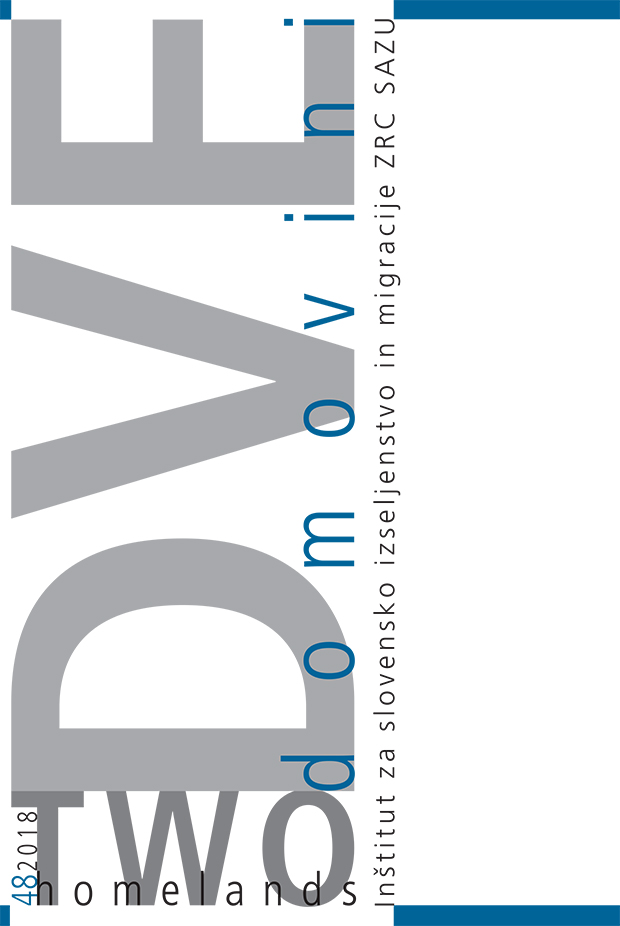Book review - Deirdre McKay, An Archipelago of Care: Filipino Migrants and Global Networks
DOI:
https://doi.org/10.3986/dd.v0i48.7135Abstract
Labour migration has been part of the Philippine government’s economic policy since the 1970s. What was supposed to be a temporary solution at that time has become a survival strategy and one of the country’s economic pillars today. The global increase in dual-income households and ageing populations in the past decades have contributed to the growing demand for reproductive labour, or care work. Reproductive labour is work associated with care and domestic work that sustains the lives of family members. Reproductive labour is both physically and emotionally demanding; lonely; prone to exploitative practices; and usually remunerated inadequately (3); and as a result, it is considered less desirable than other forms of employment. Meanwhile, Filipino migrant workers have created a niche in the global labour market and are recognized as people who deliver high quality effective care and whose skills are in demand in the global job market despite lacking the formal papers and right to work (2). This has created circumstances in which care work performed by migrants especially from the Global South is increasing, and as such creates a reality in which care workers and their skills are not easily substituted by the local population (2).
Downloads
Downloads
Published
How to Cite
Issue
Section
License

This work is licensed under a Creative Commons Attribution-NonCommercial-NoDerivatives 4.0 International License.
Authors guarantee that the work is their own original creation and does not infringe any statutory or common-law copyright or any proprietary right of any third party. In case of claims by third parties, authors commit their self to defend the interests of the publisher, and shall cover any potential costs.
More in: Submission chapter





